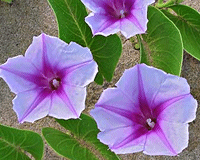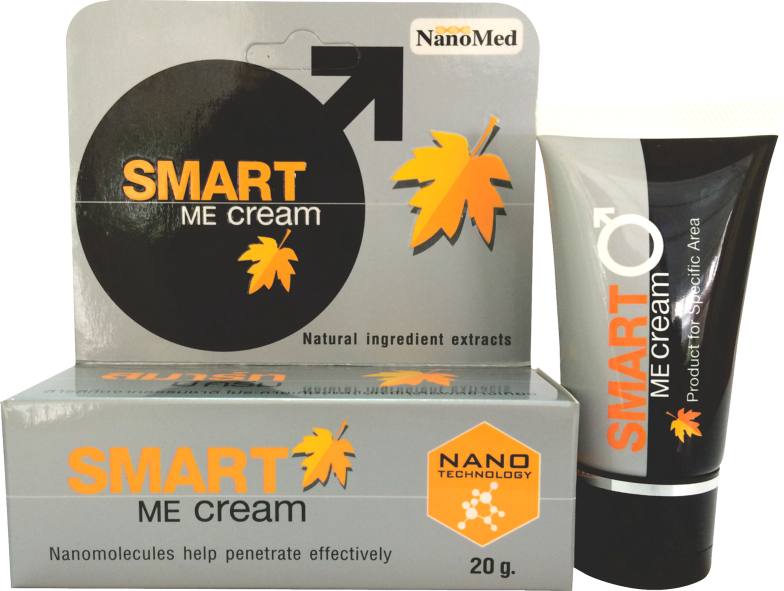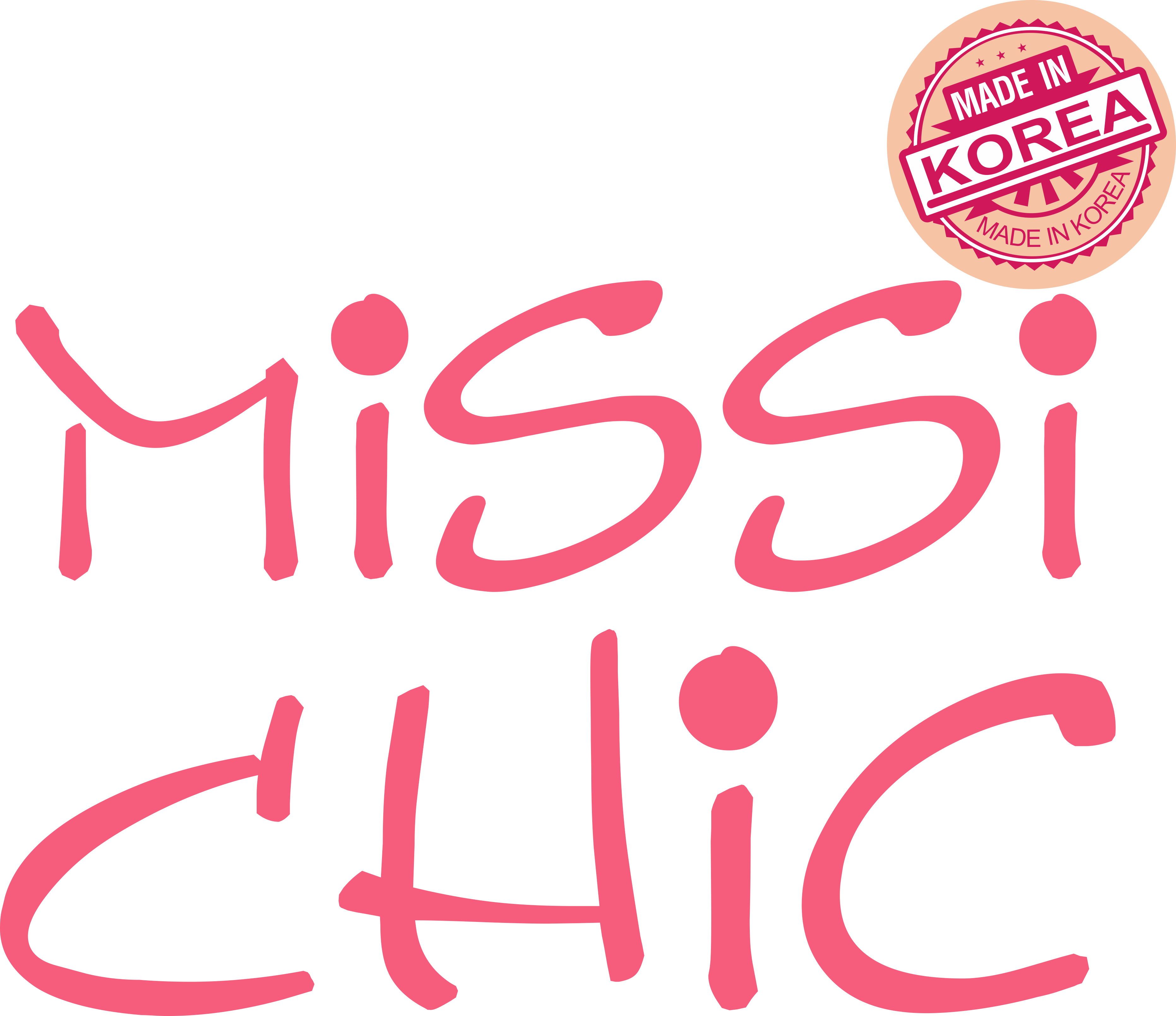Beach morning-glory
Beach morning-glory

The beach morning glory or Goat's foot, is a common tropical creeping vine belonging to the family of Convolvulaceae. It grows on the upper parts of beaches and endures salted air. It is one of the most common and most widely distributed salt tolerant plants and provides one of the best known examples of oceanic dispersal. Its seeds float and are unaffected by salt water.
This species can be found on the sandy shores of the tropical Atlantic, Pacific and Indian Oceans. Goat's foot is common on the sand dunes of Australia's upper north coast of New South Wales and can also be found along the entire Queensland coastline.
The Goat's foot is a primary sand stabilizer being one of the first plants to colonise the dune. It grows on almost all parts of the dune but is usually found on the seaward slopes sending long runners down towards the toe of the dune. The sprawling runners spread out from the woody rootstock but the large 2-lobed leaves are sparse and a dense cover on the sand is rarely achieved except in protected situations. This plant grows in association with sand spinifex grass and is a useful sand binder thriving under conditions of sand blast and salt spray.
The crude extract (IPA) of the plant Ipomoea pes-caprae (L.) R. Br. showed an inhibitory effect on prostaglandin synthesis in vitro. Bioassay-guided separation of the extract led to the isolation of four active compounds: 2-hydroxy-4,4,7-trimethyl-1(4H)-naphthalenone (1), (-)-mellein (2), eugenol (3), and 4-vinyl-guaiacol (4). Among the isolated compounds, 3 and 4 were the most active with IC[50] values of 9.2 and 18 μM, respectively. For 1 and 2 the IC[50] values were 230 and 340 μM, respectively.
Leaves are used in rheumatism, stomachic, tonic. The extract of the leaves have the astringent, diauretic, laxative properties. A prominant san binder.
The uses of Ipomoea pes-caprae, abundant in Thailand close to the sea, are described. The author says that the leaves are used either boiled for external application as an anodyne, or powdered and used as an ointment against sores and ulcers. Thai fishermen use the plant as an antidote to jelly fish stings. Analysis has revealed that the plant does contain an active principle (IPA) that is antagonistic to jelly fish poison and is also mildly antihistaminic. The yield of IPA from leaves was about 0.05%. It is a volatile ester. Though it is less effective as an antihistamine compared with two recognized antihistamine drugs, it has about the same antagonistic effect against jelly fish poison.



.jpg)
.jpg)






.png)
.png)
